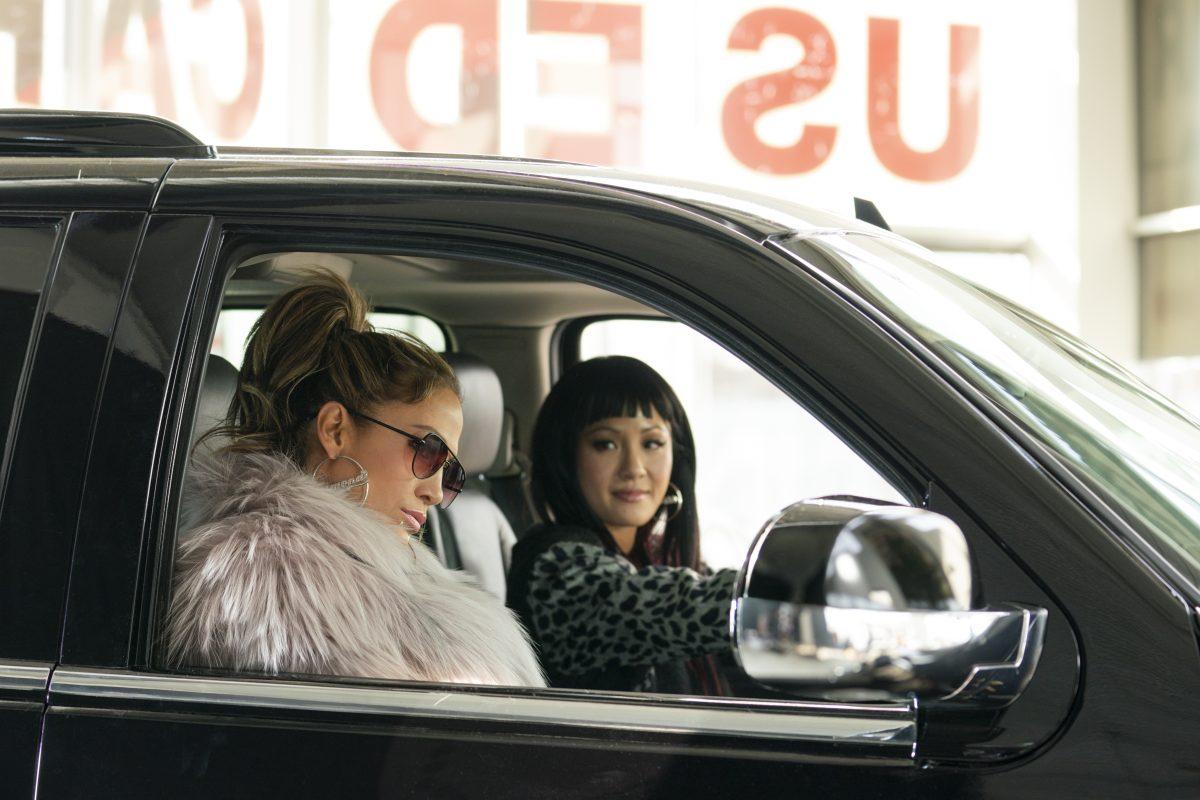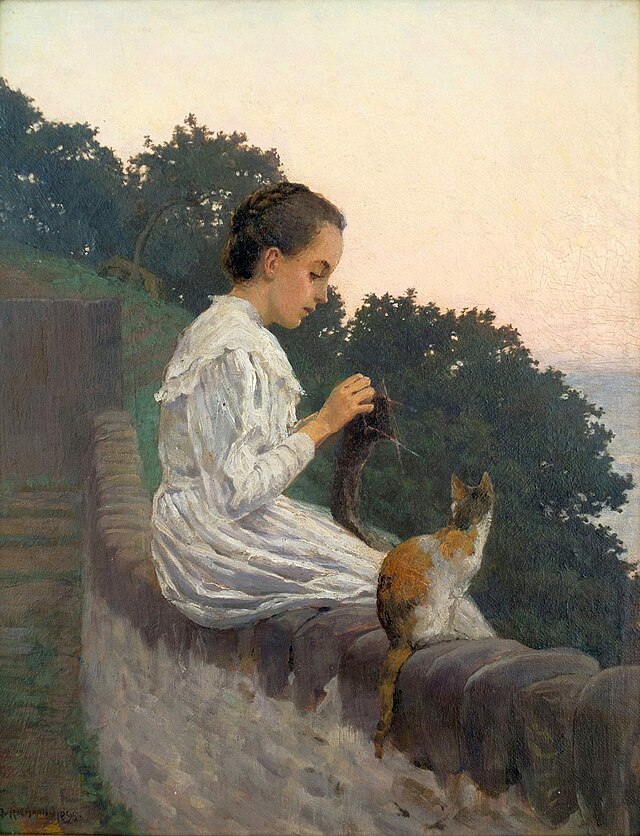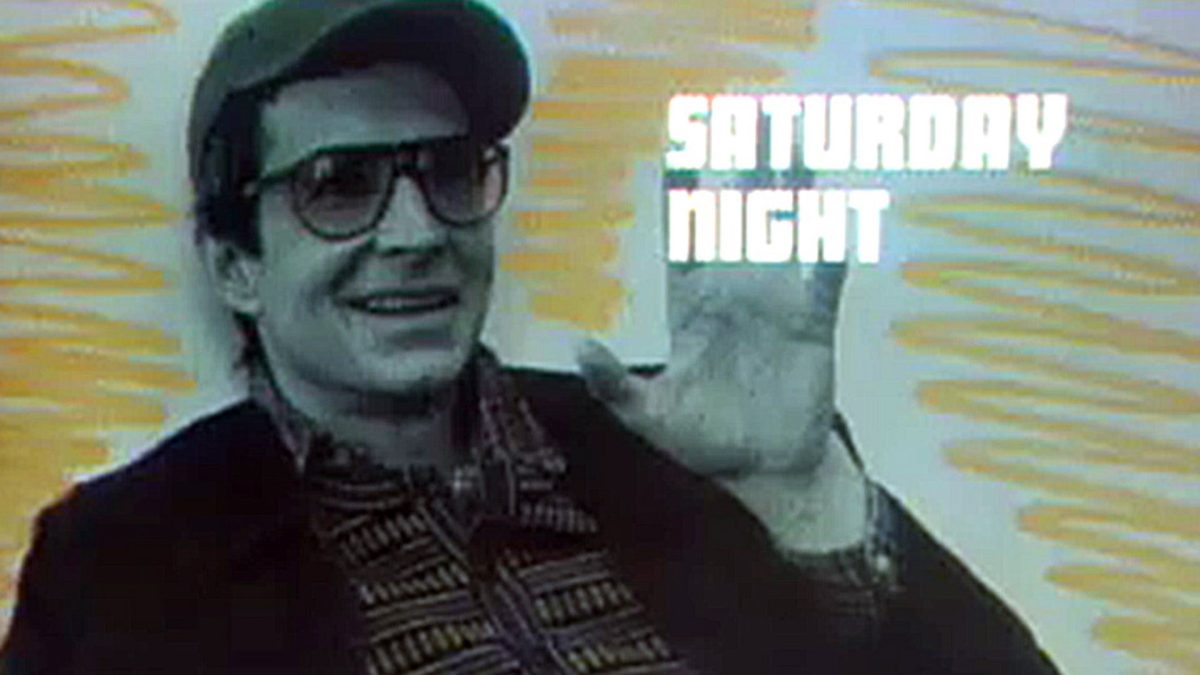There is one moment in the film “Hustlers,” which came out last week, that sticks out in my mind: when the gang of money-laundering strippers, who we have been rooting for, are all arrested. Lorde’s “Royals” plays in the background during the entire scene, a perfect example of how deeply rooted this movie is in the sights and sounds of 2013. “Hustlers” also somehow manages to take events that could be portrayed as deeply tragic a group of people were drugged at strip clubs and had thousands of dollars stolen from them and make them almost humorous and victorious, even as our heroes are arrested.
I do not consider the previous paragraph a spoiler, as “Hustlers” is based on a true story — specifically, a viral New Yorker article from 2015, titled “The Hustlers at Scores.” But that’s part of the fun of it — we know how this story goes, and that means we, as moviegoers, get to sit back, relax and watch it unfold. “Hustlers” is simply a fun movie to watch, as beautiful women get back at powerful men for all they’ve stolen from the whole country, like modern-day Robin Hoods armed with short dresses, MDMA and ketamine.
This film is, to some degree, a celebration of the ingenuity of women, and of sex workers in particular. They are portrayed as people — an uncommon feat in Hollywood films who have dignity along with their flaws. The Juicy tracksuits and the soundtrack featuring Usher make it feel like this could have been any group of mid-2000s women. The film even hired Jacq the Stripper, a professional sex worker and activist, as a consultant to make sure things were done right. This, no doubt, helped to make the film more real and more compassionate.
Other online commenters, however, believe the film could have gone farther. Sex worker and activist Yevgenia, for example, said on Twitter that “‘HUSTLERS’ was actually pretty good at humanizing the dancers, but the plot gets sloppy towards the end and ultimately relies on the old and tired ‘stripper gets greedy’ and ‘stripper on drug’ tropes.” This is true towards the end of the film, when one of the strippers is shown as an untrustworthy laughingstock, and the only reason that the plot gives to justify that is the fact that she’s on drugs. “There’s a major difference between visibility and quality of representation,” Yevgenia noted. Hustlers does well in terms of visibility, though opinions are divided in terms of how good that representation actually is.
Hustlers is a glorious celebration of many things: of women taking back power from men, of a star-studded cast, of single motherhood, of the 2010s and of J-Lo’s perfect abs. But it was always going to be a tricky story to get exactly right. We live in a country where, while sex workers are sometimes portrayed as glamorous, they are more often criminalized and dehumanized. A recent bill called FOSTA, which was passed last year, cuts off their access to most advertising platforms and streams of income. This has meant that many actual sex workers online have felt slighted and bitter, seeing all the press that Constance Wu and Jennifer Lopez have gotten for Hustlers while real sex workers are routinely kicked off social media.
However, the film does make some attempts to do this story justice — and most of the time, it gets there. In its portrayal of Ramona (Lopez) and Destiny (Wu) as single mothers, Hustlers shines. The two women connect over their experiences raising daughters, and as they become wealthier, lavish those daughters with gifts. There are no male leads in this story — it is all about relationships between women and their mothers and daughters. The leads, as they are robbing men, introduce themselves as “sisters.” At first, it is played as a gag — the women look nothing alike, after all — and by the end of the movie, it is clear they believe it. “Hustlers,” while it having some false notes, is an attempt to do justice to the ways women try to build better worlds for themselves and each other.







